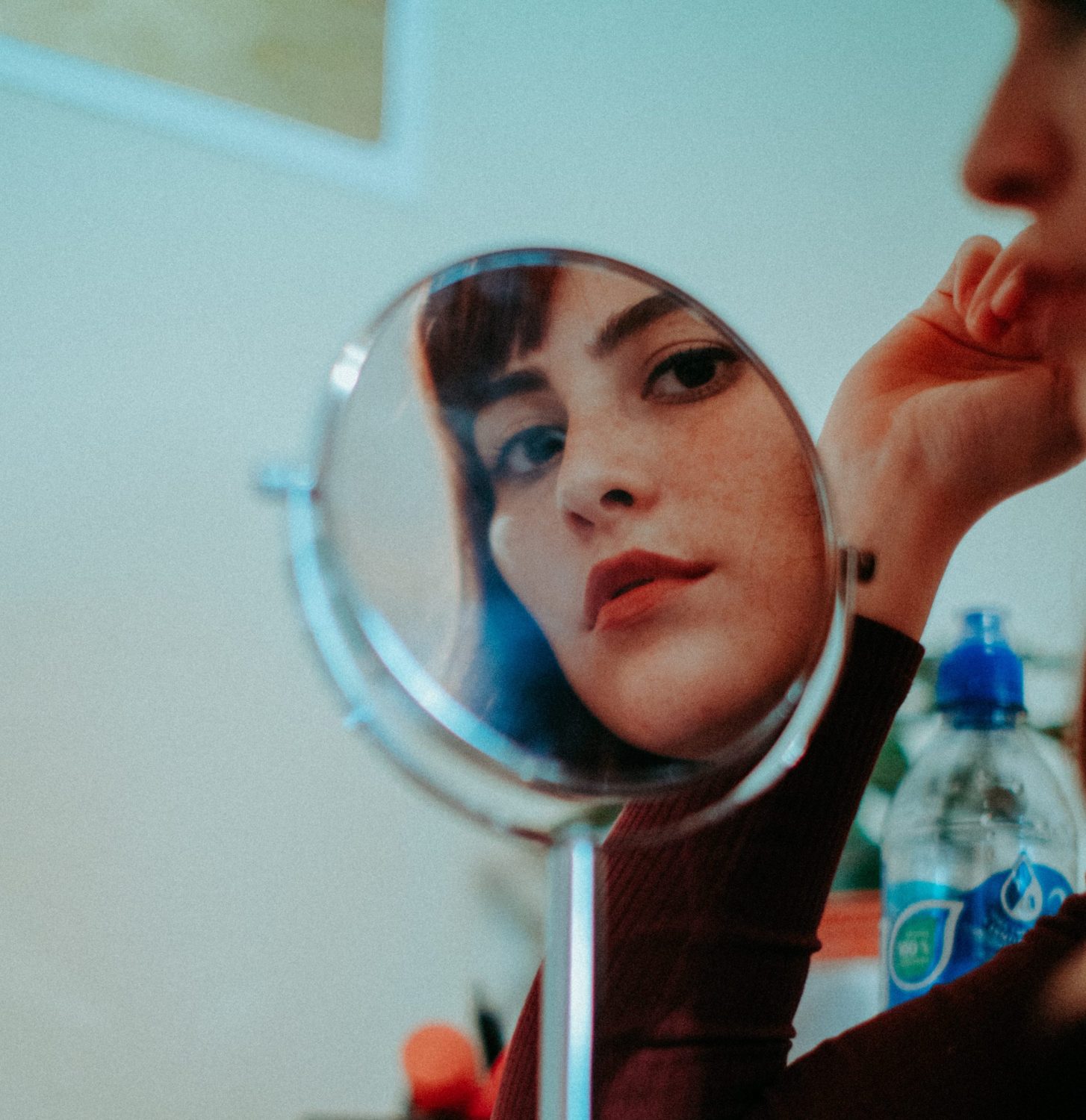
Poor Body Image and Why?
Poor body image can be debilitating. Severe body image concerns can affect an individual so much, that it can be hard to leave the house. Others, may feel so anxious about what to wear or spend lots of money on clothes and cosmetics. While some people feel depressed and unlovable, and wish to hide themselves from others and go unnoticed.
Signs and Symptoms of Poor Body Image
Other typical symptoms include:
- Checking your body frequently – for example, weighing often, looking in reflections, comparing yourself to others.
- Avoiding your body, such as wearing baggy clothes that hide your body or avoiding looking at yourself in the mirror or reflections.
- Negative thoughts focused on your whole body or a part of your body, such as your skin, thighs, nose or stomach.
- Significant distress, such as anxiety or depression, caused by body image concerns.
- Preoccupation with body image concerns, including: ruminating about your flaws, behaviours to change/improve your appearance and regular checking or avoiding of your body.
What’s worse is poor body image can often go undetected by the individual and health professionals, perhaps because body image concerns are largely normalised in our society – I can’t tell you how many times I’ve heard “isn’t it normal to want to change or really dislike part of your appearance?”
Key Contributing Factors to Poor Body Image
Poor body image develops from multiple factors and each individual has their own story. However, there are some key well-documented factors that contribute to poor body image:
Bullying
Bullying can influence poor body image. Bullying can make an individual feel like something is inherently wrong with them. Often children or adolescents blame their appearance and believe that they would be more “likeable” if they changed.
Role modelling
If your parents were appearance-focused, you are vulnerable to also focusing on your appearance. Parents teach us our values and what is important in life: if your parents highly value appearance, you may also value appearance. Similarly, if, for example, your Mum always commented on her arms, legs or stomach, chances are you also focus on these body parts.
Media
The media, mainly advertising, influences everyone’s body image. Although many of us like to think we are not affected by advertising, we all are: Just ask yourself what you would like your skin to look like? Or, what you would like to change in your body? Undoubtedly your answers will head in a direction closer to how models appear in advertising. No coincidence here. But some of us, more than others, are affected by the media, creating poor body image.
Sports or dancing
It’s a well studied phenomenon that if you’ve grown up doing a lot of sport or dancing/gymnastics, you’re more vulnerable to poor body image. These environments intensely focus on the body, and are often a play ground for body image “improvements”.
Physical differences
If you appeared different in some way to your primary or secondary school peers, you are more vulnerable to poor body image. For example, if you went through puberty earlier or were taller than other children, you may have felt conscious of your body and appearance.
How can Peaceful Mind Psychology Help?
Our team of psychologists share a special interest in body image concerns and body dysmorphic disorder (BDD). We are passionate about helping individuals gain insight into their poor body image and helping them work towards body image acceptance. We also are highly experienced in the delivery of eating disorder treatment. If you would like some professional assistance contact us at Peaceful Mind Psychology.
